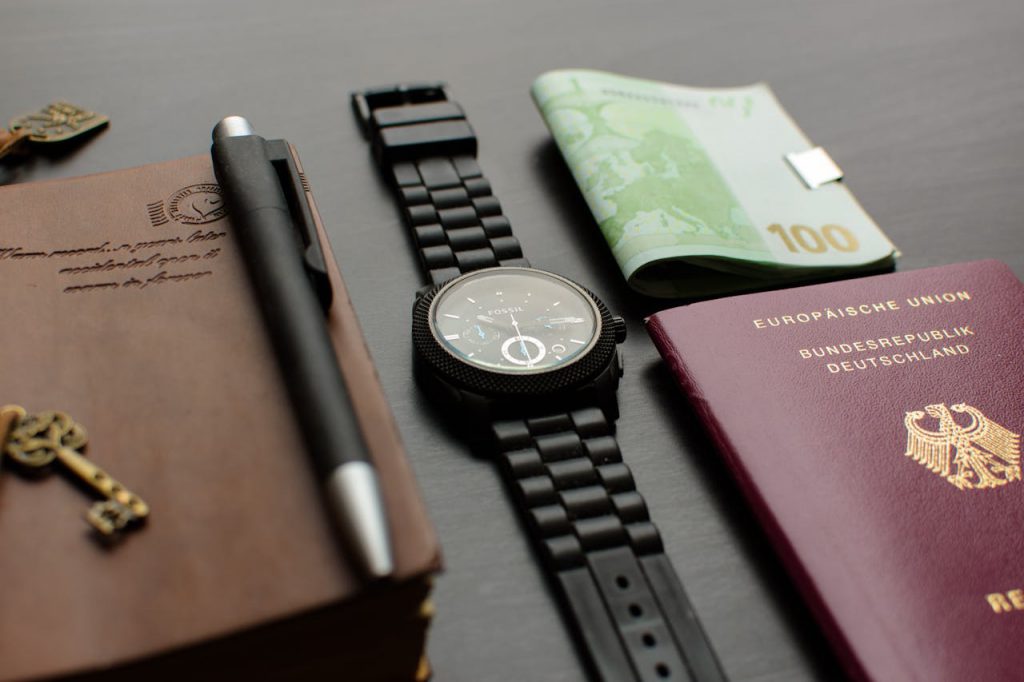
Bleisure vs. Leisure Travelers: 10 Ways Hotels Should Treat Them Differently
In the evolving landscape of travel, understanding the distinct needs of different types of travelers is crucial for hotels aiming to maximize guest satisfaction and revenue. Among these, bleisure travelers—individuals who mix business with leisure—are on the rise.
They differ significantly from traditional leisure travelers who primarily seek relaxation and entertainment. Here are ten ways hotels can tailor their services to meet the unique expectations of bleisure versus leisure travelers:
1. Flexible Booking Options
Bleisure travelers often book trips with uncertain schedules. Hotels should offer flexible booking policies that allow for last-minute changes without heavy penalties. In contrast, leisure travelers may prefer fixed dates for their vacations, so clear cancellation policies are essential.
2. Work-Friendly Amenities
Bleisure travelers need access to work-related amenities such as high-speed Wi-Fi, comfortable desks, and meeting rooms. Hotels can create dedicated coworking spaces that foster productivity. In contrast, leisure travelers prioritize relaxation amenities, like spa services and recreational facilities.
3. Local Experiences and Recommendations
While both traveler types appreciate local attractions, bleisure travelers benefit from recommendations that combine work and leisure. Hotels should curate itineraries that include networking opportunities or evening activities. Leisure travelers, on the other hand, prefer guided tours and experiences focused on relaxation and sightseeing.
4. Dining Options
Bleisure travelers may require meals at odd hours due to their work schedules, making 24/7 dining options appealing. Offering a mix of healthy options for working guests is essential. Leisure travelers, however, appreciate dining experiences that focus on local cuisine and social atmospheres, ideally with outdoor seating or themed dinners.
5. Loyalty Programs
Hotels should design loyalty programs that reward both business and leisure activities for bleisure travelers. Offering points for local experiences, dining, or extended stays can increase repeat bookings. Leisure travelers might be more interested in family-oriented rewards or discounts on recreational activities.
6. Networking Opportunities
Bleisure travelers often look for ways to network during their trips. Hotels can facilitate networking events or offer business center services where guests can meet. In contrast, leisure travelers focus on community experiences that enhance their vacation, such as group tours or family-friendly activities.
7. Wellness and Relaxation Options
While both types appreciate wellness services, bleisure travelers may prefer quick relaxation options such as express spa services or fitness centers. Leisure travelers often seek comprehensive wellness retreats, yoga classes, or spa packages focused on rejuvenation.
8. Transportation Services
Bleisure travelers might need transportation for meetings, so offering shuttle services to business districts or airports can be beneficial. Leisure travelers typically require services for exploring tourist attractions, so providing local tour information and rental options is essential.
9. In-Room Technology
Bleisure travelers benefit from advanced technology in their rooms, such as smart TVs and easy connectivity to business tools. Conversely, leisure travelers may appreciate entertainment options that cater to relaxation, like streaming services or family-friendly content.
10. Communication Preferences
Bleisure travelers may prefer more direct communication regarding services that cater to their business needs, such as reminders about meeting spaces or work-related services. Leisure travelers appreciate more engaging communication about events, local attractions, and special offers that enhance their overall experience.
Conclusion
Recognizing the differences between bleisure and leisure travelers is vital for hotels aiming to provide exceptional service and maximize occupancy rates. By tailoring their offerings—such as flexible bookings, work-friendly amenities, and specialized dining options—hotels can cater effectively to both traveler types. As the travel landscape continues to evolve, adapting to these distinct needs will position hotels for greater success in a competitive market.
Things Covered In This Article:
- differences between bleisure and leisure travelers
- how hotels can cater to bleisure travelers
- best practices for leisure traveler experiences
- enhancing services for business travelers
- hospitality strategies for bleisure travel
- tailoring hotel amenities for leisure travelers
